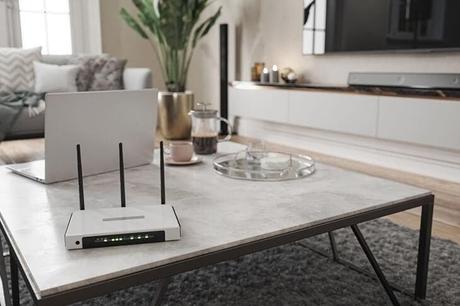Technology has undeniably made great strides in recent years, providing many benefits and simplifying our daily lives. However, it also introduces new vulnerabilities, especially when it comes to online security. As we become more and more dependent on technology and the Internet to work, communicate and access information, it is crucial to protect our devices against cyberattacks and hacking. And to do this, passwords are one of the most common ways to secure our online accounts, but we still have to know how to create them for them to be truly secure.
It is important to choose strong passwords to prevent our online accounts from being easily hacked. However, finding a secure password can be a challenge for many people. Let’s unravel it all.
Why should you make sure you have a good, secure and easy-to-remember password?
The first thing to remember about passwords is that they are essential for protecting your online accounts and personal data from cyberattacks and hacking. There is no need to prove their importance even today as the various facts of theft and data leaks abound. It is a phenomenon that spares no one (individuals, companies, institutions, etc.), which makes the protection of your personal information even more urgent. And if you use a weak or common password, be aware that it is easier for hackers to guess it and access your accounts. Forget the names of your family members or their dates of birth because this information is often easily accessible to malicious people. Plus, choosing an easy-to-remember password means you don’t have to write it down somewhere (your phone’s notes, text file, etc.) where other people can find it. But more importantly, you need to pay particular attention to the security of your internet box. Indeed, with the growth of connected objects and household appliances, it is recommended to be more vigilant with the wifi connection. Hackers can use vulnerabilities in this wireless technology to gain access to and take control of your devices.
Make sure you have strong passwords for all your online accounts – Source: spm
So that it can give a hard time to any malicious person who would try to hack your personal data, and best protect your various devices, your password must meet a few requirements:
-
A passphrase instead of a password
To be effective, a password must be long enough to be difficult to guess. Generally longer than 12 characters to be considered a good standard, it must include letters, numbers and special characters to make it more complex. However, favoring a passphrase over a password has advantages. A passphrase is usually longer than a password, which makes it harder for hackers to crack. Additionally, it may be easier to remember than a complex password. For example, you can use a sentence that has meaning for you, but which is not related to your personal life.
-
A different password for each account
Using the same password for different accounts, although common, is strongly discouraged. This increases the risk of your personal data being hacked. If a hacker manages to obtain one of your passwords, he can access all your other accounts with the same password. This means that a small account can serve as a gateway to access more sensitive accounts such as your bank accounts or your emails. It is therefore important to use a unique password for each online account you have.

Protect your data. Source: spm
-
Keeping your WIFI modem’s factory password is a bad idea
It is important to understand that the factory password is a default password that is configured on the modem when purchased. This password is often easily accessible and known by manufacturers or retailers, which means that it can be easily hacked by malicious people. It is therefore strongly recommended to change the factory password of the wifi modem as soon as possible and to choose a strong and unique password.

Change the default wifi modem password – Source: spm
While it’s true that the techniques used by hackers to attempt to gain access to your personal information are increasingly sophisticated, using secure passwords can greatly reduce the risk of your accounts being hacked. Exit the passwords “password”, “password” or even “12345” already known to hackers. Choose strong and unique passwords, and consider updating them regularly to maintain a high level of security against cyberattacks. If you’re worried about forgetting them, don’t hesitate to use password managers.
Read also: How do I know the password of my router’s Wifi network to connect to it?
Via SPM

